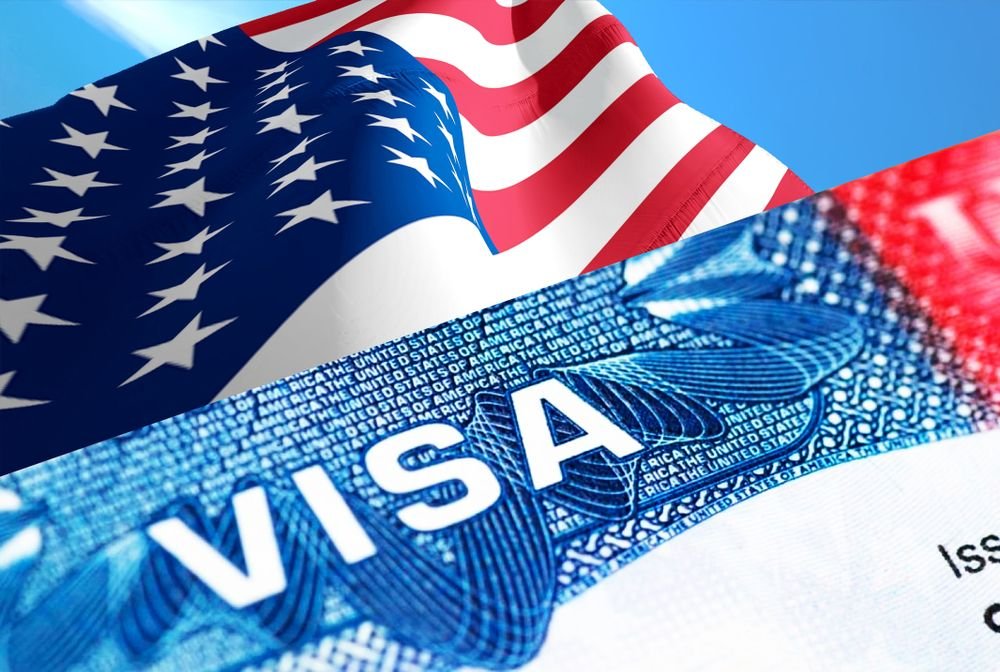E2 Investment Treaty Visa

E2 Investment Treaty Visa: Your Pathway to U.S. Business Opportunities
At Kaizen Immigration, we specialize in helping entrepreneurs and investors secure the E2 Investment Treaty Visa, a non-immigrant visa that allows individuals from treaty countries to enter and work in the United States based on a substantial investment in a U.S. business. Whether you’re looking to start a new venture or expand an existing business, the E2 Visa offers a unique opportunity to live and work in the U.S. while growing your enterprise.
Why Choose the E2 Visa?
The E2 Visa is designed for those who are ready to make a significant investment in the U.S. economy. Unlike other visa categories, the E2 Visa doesn’t require a minimum investment amount, but your investment must be substantial enough to support the business’s operations. Additionally, the visa allows you to bring your family along, with spouses eligible for work authorization and children able to attend U.S. schools.
How Kaizen Immigration Can Help
Navigating the complexities of the E2 Visa application process can be challenging. At Kaizen Immigration, we provide expert guidance every step of the way, from evaluating your eligibility and preparing your application to ensuring compliance with U.S. regulations. Our team of experienced immigration consultants is committed to helping you achieve your business goals in the United States.
Take the first step toward your U.S. business venture with the E2 Investment Treaty Visa. Contact Kaizen Immigration today to learn more about how we can assist you.
- Treaty Country Eligibility
- Substantial U.S. Investment
- Business Flexibility
- Renewable Visa Duration
- Family Accompaniment Permitted
- Work Authorization Available
Eligibility: Available to citizens of treaty countries who make a substantial investment in a U.S. business.
Investment Requirement: No fixed minimum investment, but it must be sufficient to support the business’s operations and be at risk.
Family Benefits: Spouses can apply for work authorization, and dependent children can attend U.S. schools.
